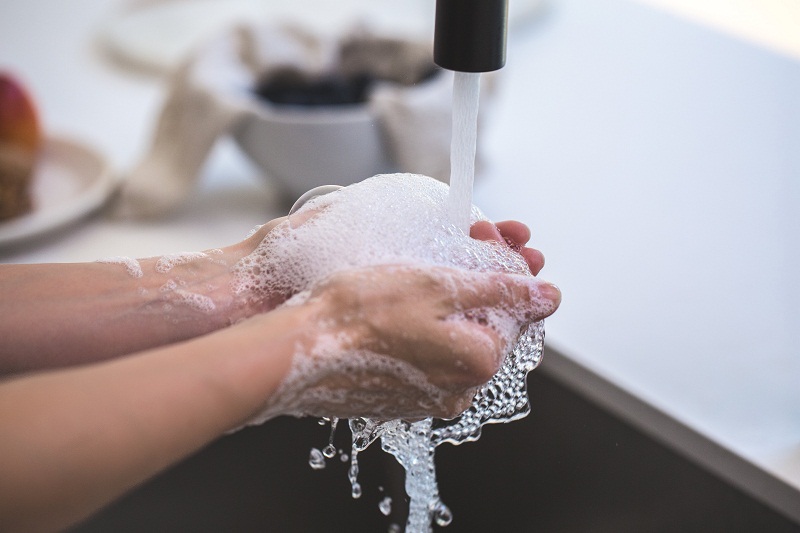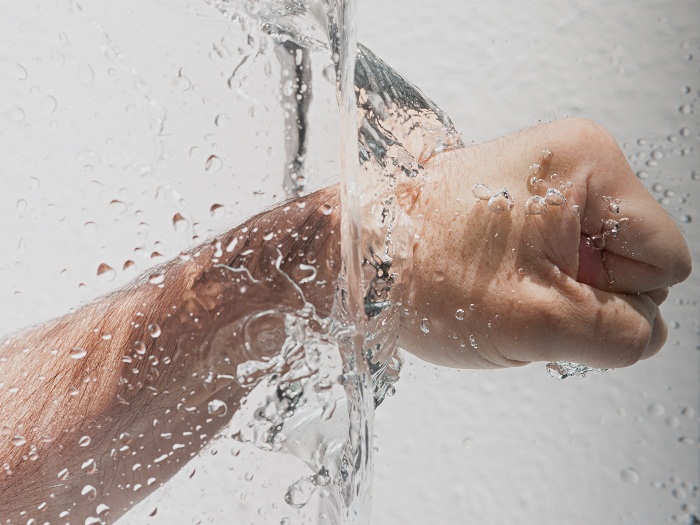Clean Hands can Save Infections
Clean Hands can Save Infections.
Clean hands can save infections.“Handwashing is one of the best ways to protect yourself and your family from getting sick. We must inculcate this in young children to stay healthy especially during these key times”, says Dr Gaurav Nigam.
Certain tips in maintaining a proper hygiene can help reduce the risk of infection or spreading infection to others:
 wash your hands often with soap and water for at least 20 seconds, especially after using the washroom and when preparing food.
wash your hands often with soap and water for at least 20 seconds, especially after using the washroom and when preparing food.- cough or sneeze into a tissue or the bend of your arm, not your hand.
- avoid touching your eyes, nose, or mouth with unwashed hands.
- clean the following high-touch surfaces frequently with regular household cleaners or diluted bleach:
- toys, toilets, phones, electronics, door handles, bedside tables, television remotes.

- You can use an alcohol-based hand sanitizer that contains at least 60% alcohol if soap and water are not available.Sanitizers can quickly reduce the number of germs on hands in many situations. However,
- Sanitizers do not get rid of all types of germs.
- Hand sanitizers may not be as effective when hands are visibly dirty or greasy.
- Hand sanitizers might not remove harmful chemicals from hands like pesticides and heavy metals.
Caution! Keep Sanitizers out of reach of young children and supervise their use
The Clean Hands Count Campaign
CDC’s Clean Hands Count campaign aims to improve healthcare provider adherence to hand hygiene recommendations, address myths and misperceptions about hand hygiene, and empower patients to play a role in their care by asking or reminding healthcare providers to clean their hands.
- Alcohol-based hand sanitizer is more effective and less drying than using soap and water, and does not create antibiotic-resistant superbugs.
- Alcohol-based hand sanitizer kills most of the bad germs that make you sick and is the preferred way to clean your hands in healthcare settings.



Leave a Reply